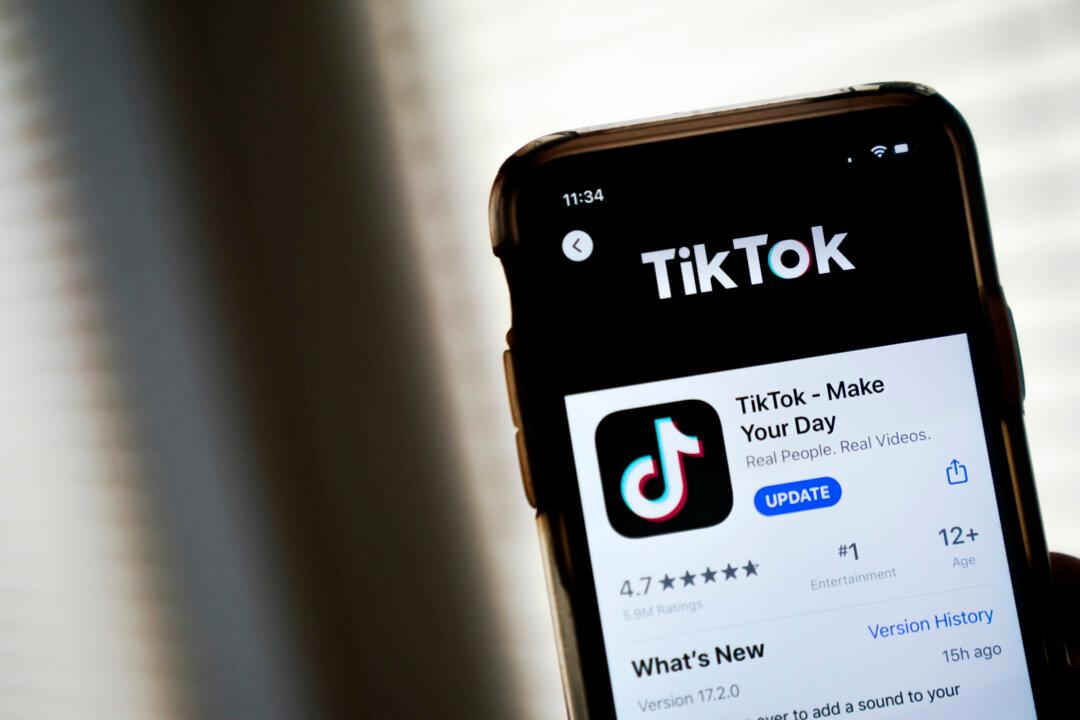TikTok records every keystroke, click, swipe, and text communication—including information written but not sent by the user—when users enter other websites through the app.
That level of surveillance not only goes beyond user expectations, but in some states, it is a violation of wiretapping laws, a class action lawsuit filed last week in Pennsylvania alleges.





